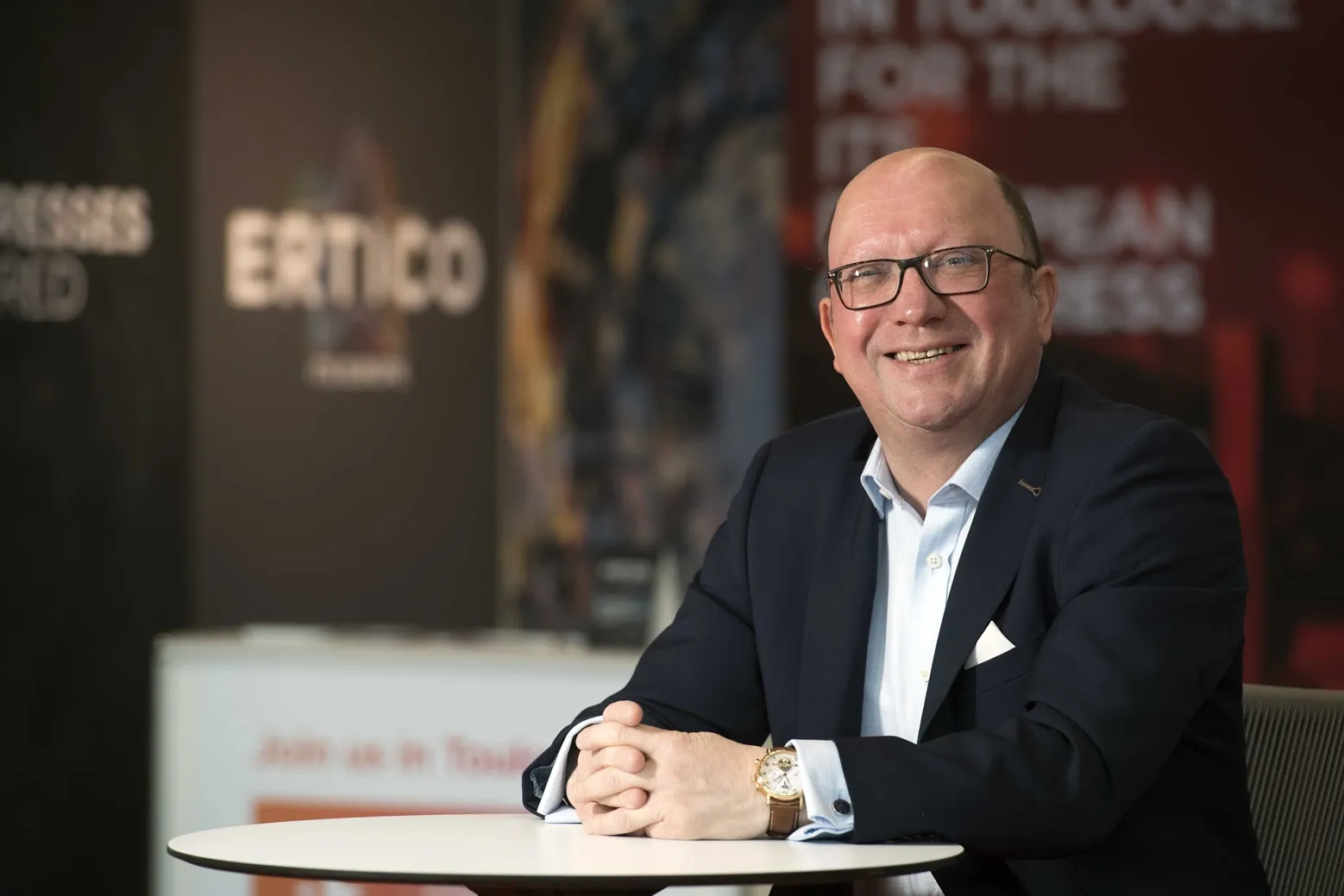New Flyer of America will deliver 100 Xcelsior diesel-electric hybrid, forty-foot heavy-duty transit buses to Southeastern Pennsylvania Transportation Authority (SEPTA) as part of the third instalment of its five-year contract. The project aims to support four million people living in and around the city and to replace 95% of SEPTA’s fleet with these models.
Additionally, the vehicles support SEPTA’s Sept-ainable 2020 program which intends to achieve sustainability through an approach that includes the natural environment, healthy communities and workplace and economic vitality.
The buses will be deployed in the City of Philadelphia and Delaware, Montgomery, Bucks and Chester.
Jeffrey D. Knueppel, SEPTA general manager, said: "SEPTA is proud to be an industry leader in providing cleaner, more fuel efficient travel by increasing the number of hybrid buses in its fleet. We look forward to getting these new 100 Xcelsior diesel-electric hybrids into service for our customers."
Wayne Joseph, president of New Flyer of America, said: "We are proud to again deliver hybrid electric buses to SEPTA. Through integrating more fuel efficient transportation and driving meaningful change through Sept-ainable 2020, SEPTA has demonstrated industry leadership. New Flyer will continue supporting its goals of more sustainable and accessible public transportation, to foster better health and economic vitality in the surrounding communities."
New Flyer to deliver 100 hybrid buses to SEPTA
New Flyer of America will deliver 100 Xcelsior diesel-electric hybrid, forty-foot heavy-duty transit buses to Southeastern Pennsylvania Transportation Authority (SEPTA) as part of the third instalment of its five-year contract. The project aims to support four million people living in and around the city and to replace 95% of SEPTA’s fleet with these models. Additionally, the vehicles support SEPTA’s Sept-ainable 2020 program which intends to achieve sustainability through an approach that includes the
March 22, 2018
Read time: 2 mins
Related Content











